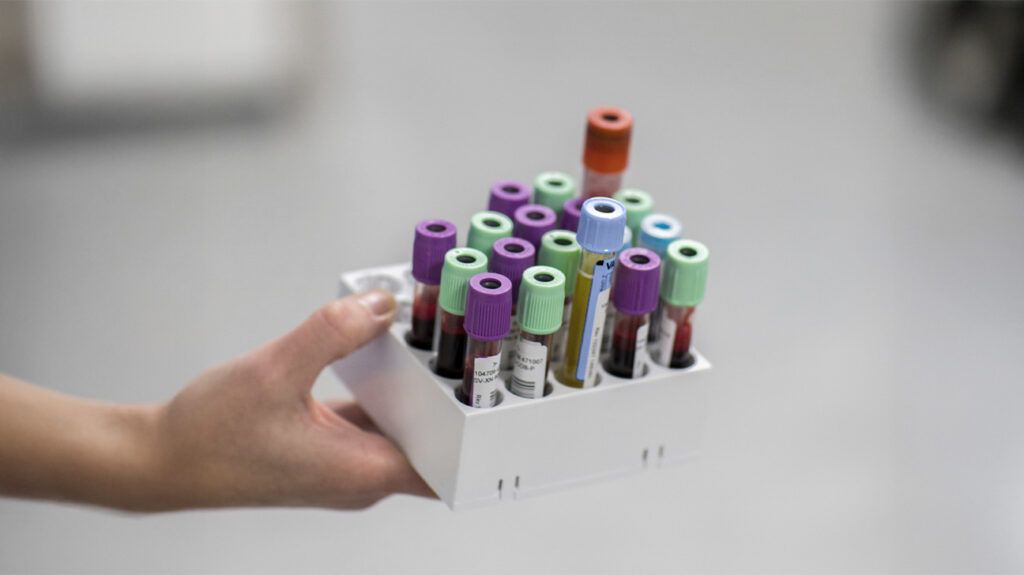Tirzepatide Shows Promise in Improving Blood Sugar and Reducing Weight in Youths with Type 2 Diabetes

A recent study reveals tirzepatide's potential to significantly improve blood sugar levels and promote weight loss in youths with type 2 diabetes, offering new hope for pediatric diabetes management.
Recent research highlights the potential of tirzepatide, a medication primarily approved for adults, in managing type 2 diabetes among children and adolescents aged 10 to 17 years. The study, known as the SURPASS-PEDS trial, was presented at the European Association for the Study of Diabetes (EASD) annual meeting and published in The Lancet. It investigated the effects of once-weekly tirzepatide on blood sugar control and weight loss in youth who had inadequate response to existing treatments such as metformin and insulin.
Type 2 diabetes onset at a young age, often linked to rising obesity rates, has been increasing rapidly over recent years. In the U.S., cases in youths nearly doubled over 15 years, emphasizing the urgent need for effective therapies. Current options tend to have limited efficacy in younger populations and often do not significantly impact weight.
The trial involved 99 participants aged 10 to 17 with poorly controlled diabetes. They were randomly assigned to receive either 5 mg or 10 mg of tirzepatide or a placebo once weekly for 30 weeks, followed by a 22-week open-label extension. The primary goal was to measure changes in HbA1c, a key indicator of blood sugar levels.
Results revealed that tirzepatide significantly improved glycemic control compared to placebo. Over 30 weeks, more than 79% of children taking tirzepatide achieved HbA1c levels below 6.5%, while only 29% of the placebo group did. The medication also contributed to marked weight loss, with BMI decreasing by 9.3 units in the tirzepatide group, compared to a slight reduction in the placebo group. Fasting blood glucose levels also dropped substantially.
The safety profile was consistent with adult studies, with gastrointestinal side effects being the most common and generally mild. No severe hypoglycemia was reported, and fewer participants required rescue therapy in the tirzepatide groups.
Experts conclude that tirzepatide offers a promising new approach to treating type 2 diabetes in young people, demonstrating sustained improvements in blood sugar and substantial weight loss over a year. This aligns with the urgent need for therapies that address both glycemic control and obesity in the pediatric population.
Source: https://medicalxpress.com/news/2025-09-tirzepatide-blood-sugar-children-poorly.html
Stay Updated with Mia's Feed
Get the latest health & wellness insights delivered straight to your inbox.
Related Articles
FDA Approves First Blood Test for Alzheimer’s Disease: Key Insights
The FDA has approved the first blood test for Alzheimer’s disease, offering a less invasive, accessible, and early diagnostic option that could revolutionize patient care and research.
Innovative Medication Vending Machines Introduced at Advocate Health Care in Chicago
Advocate Health Care has launched innovative vending machines in Chicago to dispense prescription medications, improving access and convenience for patients, especially in underserved areas.
Understanding Heatstroke: Risks, Symptoms, and Prevention
Learn essential facts about heatstroke, including its causes, symptoms, emergency responses, and preventive measures to stay safe during hot weather.
RFK Jr. Calls for Re-Evaluation of Mifepristone, the Common Abortion Pill
U.S. health officials are reviewing the safety of mifepristone, a widely used medication for early pregnancy termination, amid ongoing political and legal debates. Experts call for evidence-based evaluation of potential risks and adverse events.



